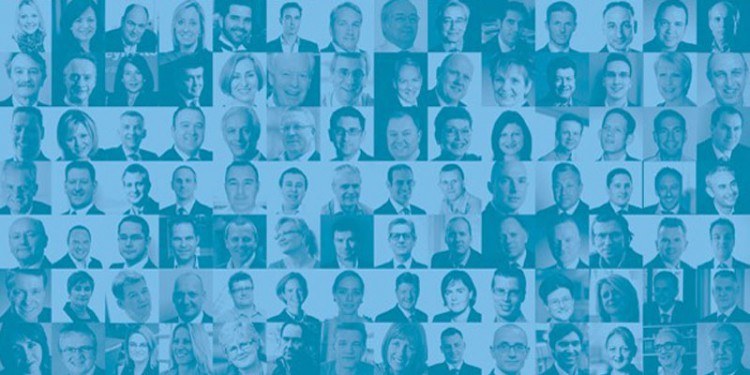The Financial Services Forum’s timely and thought-provoking seminr on Modern Mutuality dug deep into their strengths and weaknesses, reports Andrew Porter.
Forty delegates enjoyed two thought-provoking presentations and a panel discussion to examine whether, in the context of today’s extraordinary trust deficit in banks, there has never been a better opportunity for the mutual sector to differentiate itself and bring its value proposition to life.
Most agreed that there is indeed an opportunity, but some were fearful it might, yet again, be missed.
James Cope, Head of Financial Research at FreshMinds, reminded us of the unique ability of mutual ownership to bestow a culture and behaviours that are clearly different to a shareholder-owned plc model, and better aligned with today’s consumers who are demanding more transparent corporate governance.
Jon Hall, Chief Executive of Saffron Building Society, warned that non-mutuals are mimicking mutual behaviour in a number of ways, in terms of community identity, transparency, fairness, emotional engagement, rewards and loyalty schemes, to mention just a few, and gave us several examples. Like Barcelona FC, mutuals have to be operationally effective first (good at football) before they can make mutuality mean something.
Hilary McVitty, Head of External Affairs at the Building Societies Association, celebrated the mutual model for its ability to think and invest over the longer term, rather than a quarterly reporting cycle, but was clear that most consumers have no understanding of what mutuality means.
Martin Shaw, Chief Executive of the Association of Financial Mutuals, believes that mutuals can innovate in sectors of the market where plc insurers and banks do not even wish to compete, and that the long history of mutuals as prudent and sustainable helps to predispose consumers to liking them.
Nick Blake, Head of Retail at Vanguard Investments gave an impressive account of how mutual status allows Vanguard to deliver its lower cost promise by constantly redistributing its “profits” in the form of lower TER charges to its customers, to deliver a clear and sustainable competitive advantage.
Alex Koslowski, Group Strategy Manager for Royal London, regretted that the life & pensions industry in the UK has largely demutualised. The opportunity to get mutuality right, however, is to focus on three strategies : Member-isation – to reinstate customer ownership as a driving force; Benefixation – to develop truly compelling customer propositions and Communit-isation – to harness the power of democracy via technology.
But one overriding conclusion was that not all mutuals are the same, so it cannot be true that all mutuals are equally good at being mutual.
Recent mergers among building societies, to produce multi-brand portfolios, are a prime example of the mutual model being diluted – with some small regional brands being used tactically, with little care for their original mutual values.
Unless mutuals can put their money where their mouth is and develop truly differentiated and better value propositions, consumers won’t trust them any more than they trust any financial institution, and looking at their behaviours they certainly won’t be able to tell them apart.
From the audience, Gerald Gregory, a former Managing Director of Britannia Building Society summed up the need for senior management attitudes to change. “In the old days we were delighted if the AGM only lasted 20 minutes. Today that’s just not good enough. Member engagement is key to bringing the benefits of mutuality to life.”

